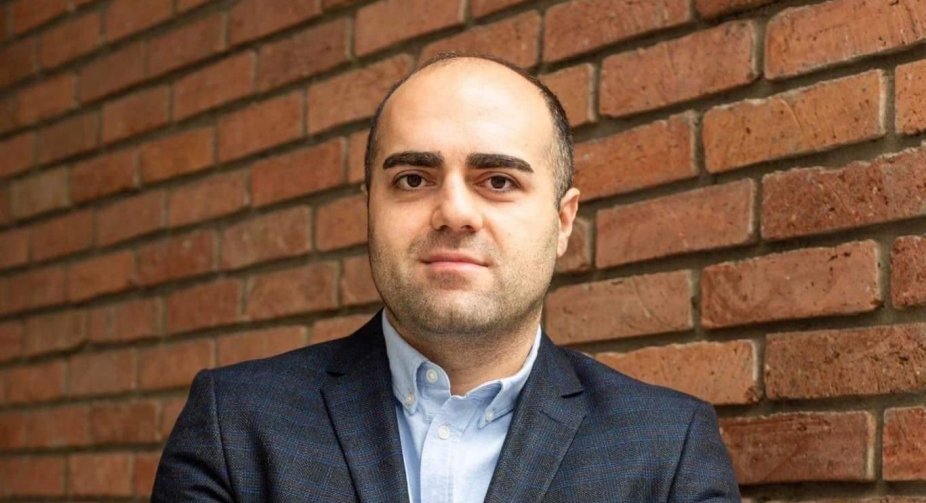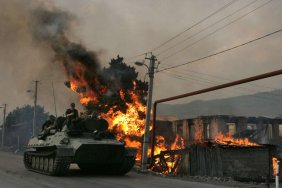The European Union is trying to strengthen its positions in the South Caucasus, the move which has not been observed over the past several years, Emil Avdaliani, a professor of international relations at the European University told Front News on Friday, in comments of the ongoing inaugural summit of the European Political Community in Prague.
He stressed that the sitting of Azerbaijani president and Armenian prime minister at the same table during the summit, despite continuous tension between their countries, pointed to the bloc’s increased role over current developments in the region.
"The summit has shown that the EU is trying to strengthen its positions in the South Caucasus region, which we have not seen over the past several years. After the second Karabakh war, the influence of the EU and the West in this region has significantly weakened, and now, on the backdrop of Russia’s war in Ukraine, these interests are becoming more pronounced and their influence is strengthening”, Avdaliani said.
He suggested the West’s efforts to gain a foothold in the region amid the conflict “is welcomed by all three regional countries - Georgia, Armenia and Azerbaijan”.
“This is an echo that Russia has no time to maintain its positions in this region, including diplomatically, militarily and economically. I do not mean the withdrawal of forces from the region, but no engagement in peace talks. Nothing has been done under the auspices of Moscow so far in this regard. This is a very serious sign that the Kremlin is losing the initiative. To what extent this will turn into a concrete geopolitical failure for Moscow, it is still difficult to say," Avdaliani said.
The professor stated that the situation in all the three countries remains challenging.
"Azerbaijan is using the opportunities [being created by Russia's war in Ukraine], while Armenia's situation is much more complicated. Yerevan does not have any serious leverage and is very much dependent on Russia. Current situation is a good opportunity for Georgia to get even closer to the West by pursuing the right policy and sounding clear messages," he said.
In response to recent anti-Western statements being made by former MPs of the ruling party, Avdaliani said he did not expect it would develop into a serious process, stressing that “it will remain at the level of rhetoric. I do not think people are interested in these statements”.

